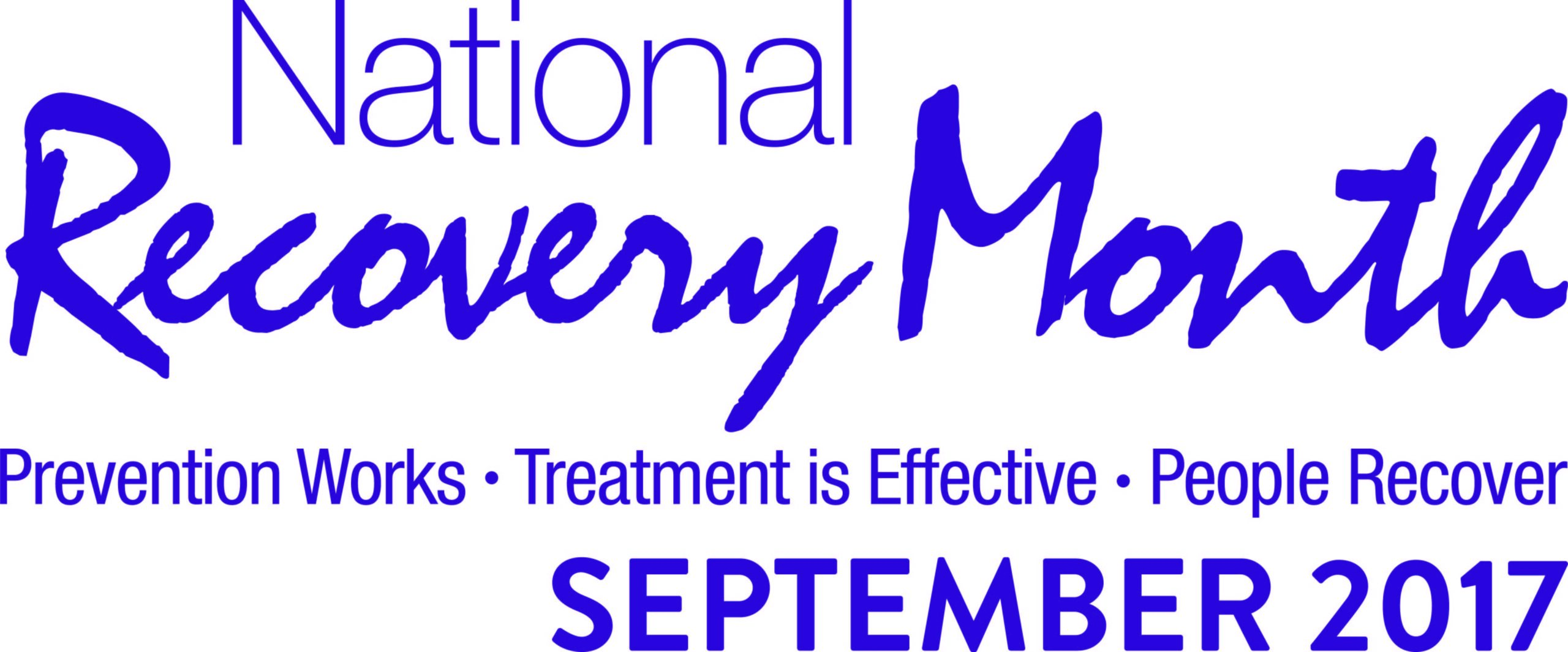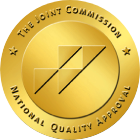
National Recovery Month 2017
National Recovery Month
As explained on www.Recoverymonth.gov, “Every September, SAMHSA (Samhsa.gov) sponsors National Recovery Month to increase awareness and understanding of mental and substance use disorders and celebrate the people who recover.” This September marks another National Recovery Month & an opportunity to celebrate both the successes of recovery and the areas that need more attention.
Click the link to download the official 2017l National Recovery Month Toolkit.
Starting the path to recovery
Before any addict can begin a plan of recovery, they need to reach out for help with their addiction. Many specialists from interventionist to rehab advisor are available to consult families and addicts on the process of seeking help with addiction. The following steps are recommended to be taken by anyone looking to end their addictions or in search of help for a loved one battling a drug problem.
According to USA TODAY, furanyl fentanyl is a powerful synthetic opiate similar to heroin, it was found in 10 recent drug-related deaths in Milwaukee County. The county data showed 95 deaths involving fentanyl in 2016, more than tripling the number of cases from 2015. Of the 340 confirmed drug-related deaths in 2016, about 42% — 145 — involved heroin. Lab results are still pending for several drug-related deaths from last year.
Recovery Process
Step 1 – Be willing to get help
Angel Intervention helps families who have a loved one they cannot get through to, or will not agree to seek drug rehabilitation treatment. Before an individual can recover and move on with their lives, most addicts and daily drug users need to go through a licensed drug detox or long term rehab. So the first step in the recovery process is to agree to get help. Any addict who is willing to get help has already committed to their ongoing health and livelihood and should be supported by those near them in seeking rehabilitation. For those who are too addicted or too far gone to agree to get help, seeking the expertise of a certified intervention professional can help a family make a plan to get their loved one into rehab.
Step 2 – Find the right drug rehab
If you work with a service such as Angel Intervention, they have relationships with hundreds of drug rehabs and can help you begin the process of locating the best facility to treat your unique addiction issues. If you are searching for a substance abuse program on your own, there are a lot of treatment types and programs out there. The best advice you could have is to seek a substance abuse expert such as Holly Conklin or another certified interventionist. Through a process of phone assessments and consultations, a rehab facility will interview each addict to determine their treatment needs and goals. Once you get approved for a drug rehab program, it’s time to begin your recovery process.
Step 3 – Participate fully in your healing
Many addicts in recovery are there after being put into some pretty dire circumstances. Some have legal issues, some have lost their jobs or even developed medical conditions. The key to having a successful recovery is simple; you just have to participate. Drug Rehab and Mental Health programs around the country employ many doctors, substance abuse experts, recovery advocates and other addiction professionals. So when you are in rehab, getting the most of the experience, and learning the most you can about your triggers and patterns will surely help you recover and maintain a healthier lifestyle after treatment.

Step 4 – Aftercare and Long Term Sobriety
An overwhelming number of addicts manage to complete rehab successfully, but then experience a relapse. In the recovery, field relapse is all too common and looked at as a natural occurrence. The key to maintaining sobriety and long term recovery is to set up a solid aftercare plan and continue your recovery from home. To achieve this, support from those you live with is important. Any treatment or counseling recommendations your rehab counselors offered should continue to be followed. Meetings such as AA or NA are usually recommended to offer fellowship and support from people with similar struggles. For the best success, long term case management or random drug tests can help to improve long term rate of recovery.
Call Holly Conklin | 1-419-771-1050
Each year thousands of families locate effective drug rehab for their loved ones by contacting a professional for help. Drug Interventionists are acting on the front lines fighting the drug addiction and Opioid Epidemic one family at a time. Here is an example explaining the value in working with Holly Conklin and her interventionist team.
Holly Conklin is a Certified Intervention Professional, Certified Drug and Alcohol Counselor, Certified Intervention Specialist and Certified Case Management Interventionist Intern. She has done interventions all over the world including 800 plus successful interventions in 11 years. Starting an intervention company in 2006, Holly Conklin entered a primarily male dominated industry with little or no experience and developed a one on one style of intervention that current counselors of intervention now copy. Since starting Angel Intervention Services she has dedicated her time in resources in advanced training programs that encompass all modalities of intervention, with 200 plus training hours and 11 years practical


